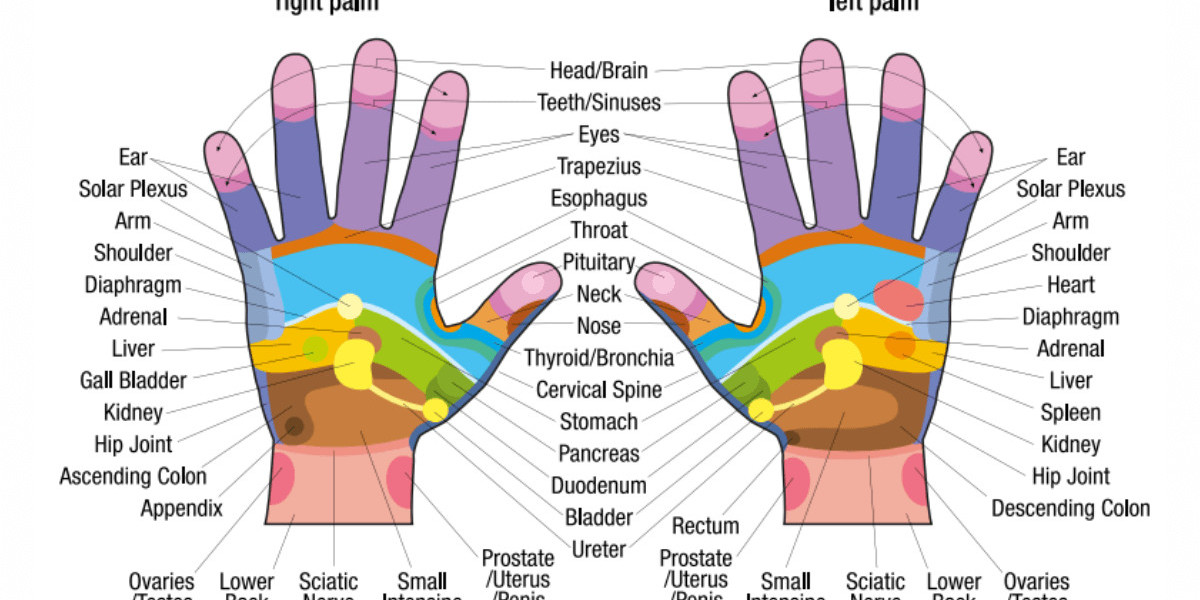How Nutrition Impacts Chronic Disease Management
Nutrition and Chronic Disease Management play a crucial role in the prevention and management of long-term health conditions. Chronic diseases like heart disease, diabetes, and obesity are widespread and require ongoing management. By adjusting our diets and nutrition, we can significantly reduce the risk of these diseases or alleviate their symptoms. Understanding the link between nutrition and chronic disease is essential for maintaining long-term health and improving overall wellness.
The Connection Between Nutrition and Chronic Disease
A growing body of research shows that poor dietary habits are strongly associated with the development and progression of chronic diseases. Diets high in sugar, unhealthy fats, and processed foods can lead to conditions such as obesity, type 2 diabetes, and cardiovascular disease. On the other hand, adopting a balanced, nutrient-dense diet can help manage these conditions and improve quality of life. Nutrition doesn't just influence the onset of diseases; it also plays a vital role in managing existing conditions.
The Role of Poor Nutrition in Disease Development
Consuming a diet rich in processed foods and low in essential nutrients can weaken the immune system and increase inflammation. This combination can trigger or worsen chronic diseases. For example, excessive sugar intake can contribute to insulin resistance, a precursor to type 2 diabetes. Similarly, a lack of heart-healthy fats in the diet can increase the risk of heart disease. The goal is to replace processed and unhealthy foods with natural, whole foods that provide the necessary nutrients to support bodily functions.
Key Nutrients for Managing Chronic Disease
To manage chronic disease effectively, it’s important to focus on key nutrients that have been shown to support health and prevent further complications. For instance, omega-3 fatty acids found in fish like salmon and mackerel are known for their anti-inflammatory properties, which can reduce the risk of heart disease. Fiber, particularly from whole grains and vegetables, helps manage blood sugar levels and improve digestive health, making it especially important for those managing type 2 diabetes.
Potassium, found in bananas and spinach, plays a key role in maintaining healthy blood pressure levels. This is especially important for individuals at risk of hypertension or stroke. Lastly, calcium and vitamin D are essential for maintaining strong bones, particularly for individuals with osteoporosis or those at risk of bone fractures.
Adopting a Well-Balanced Diet for Disease Prevention
Incorporating a variety of nutrient-dense foods into daily meals is a crucial step in managing chronic disease. A well-balanced diet includes fruits, vegetables, lean proteins, healthy fats, and whole grains. This diet not only supports general health but also helps prevent disease development by providing the body with the necessary building blocks for optimal function.
For people already diagnosed with chronic diseases, adopting a balanced diet can alleviate symptoms and slow disease progression. For instance, a heart-healthy diet, rich in fruits, vegetables, and whole grains, can reduce the risk of heart attacks and strokes, while a diet high in fiber can assist in controlling blood sugar levels in diabetes.
The Importance of Lifestyle Changes in Disease Management
Beyond nutrition, lifestyle changes such as regular physical activity, adequate sleep, and stress management play a significant role in chronic disease management. Regular exercise can help maintain a healthy weight, improve cardiovascular health, and reduce the impact of diseases like diabetes. Combined with proper nutrition, these lifestyle changes can lead to better disease management and improved quality of life.
Nutritional Strategies for Specific Chronic Diseases
Different chronic diseases require specific nutritional strategies. For example, managing heart disease involves focusing on foods high in omega-3 fatty acids and avoiding trans fats. For type 2 diabetes, a low-glycemic diet that includes plenty of fiber can help keep blood sugar levels in check. Osteoporosis can be managed with calcium-rich foods like dairy products and fortified plant-based milks.
Conclusion
In conclusion, nutrition and chronic disease management are interconnected in a way that significantly influences overall health. By making informed dietary choices and focusing on key nutrients, individuals can not only reduce the risk of developing chronic diseases but also manage existing conditions effectively. Proper nutrition, along with other healthy lifestyle choices, plays an essential role in improving health outcomes and enhancing the quality of life for individuals with chronic diseases.








